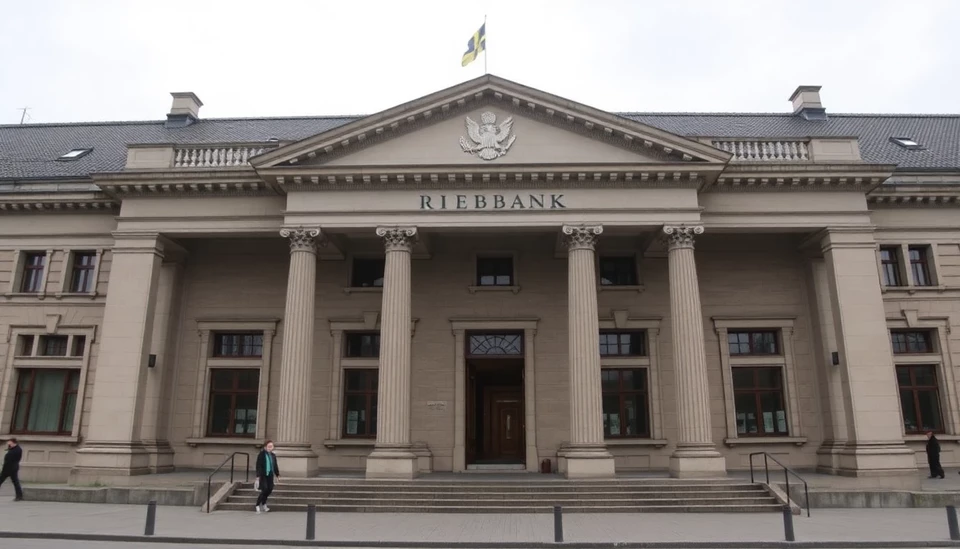
In a significant development for the Swedish housing market, a new report has emerged backing the government's intent to modify mortgage regulations, a move designed to alleviate financial pressures on borrowers. The proposal comes in response to rising living costs and increased interest rates, which have made home financing a daunting challenge for many Swedes.
The report, commissioned by the Swedish Ministry of Finance, indicates a growing consensus among economists and industry experts that easing mortgage rules could stimulate the housing sector and provide much-needed relief to homeowners struggling under the weight of current financial burdens. Central to the recommendations is the notion that current mortgage requirements may hinder first-time buyers and those seeking to upgrade their living situations.
One of the key suggestions from the report is to consider adjustments to the amortization rules, which require homeowners to gradually pay down their debt. Currently, many buyers are grappling with increased monthly payments due to higher interest rates, making it challenging for them to fulfill these amortization requirements. Easing these rules could free up disposable income, thus heightening consumer confidence and potentially invigorating the market.
The findings of the report come at a time when the Swedish property market has shown signs of strain, with declining sales figures and a hesitant buyer pool. Many potential homeowners are discouraged, fearing economic instability and rising living costs. In light of these challenges, the government's willingness to reassess existing regulatory frameworks reflects a proactive approach to support the housing economy.
Several proposals from the report are anticipated to spark debates within parliamentary discussions, with various political factions weighing in on the implications of loosening mortgage rules. Advocates for the changes argue that such moves would not only aid individuals and families but could also stabilize the housing market, creating an environment conducive to growth.
However, the implementation of any changes will likely face scrutiny. Critics worry that relaxing mortgage regulations might lead to increased borrowing risks and potentially contribute to a housing bubble. As buying power increases, there may also be concerns about affordability and the long-term sustainability of the housing market in the face of economic uncertainty.
As deliberations on this critical matter unfold, stakeholders across Sweden will be closely monitoring how the government balances the need for housing accessibility with financial stability. The potential shift could mark a pivotal moment for the Swedish property landscape, shaping the future for many current and prospective homeowners.
In conclusion, the Swedish government's push to loosen mortgage regulations, underscored by this new report, underscores the ongoing challenge of navigating a fluctuating economic environment while aiming to support citizen welfare through enhanced housing opportunities.
#Sweden #MortgageRegulations #HousingMarket #FinancialStability #EconomicPolicy #Homebuyers #InterestRates #HousingAffordability
Author: Rachel Greene




